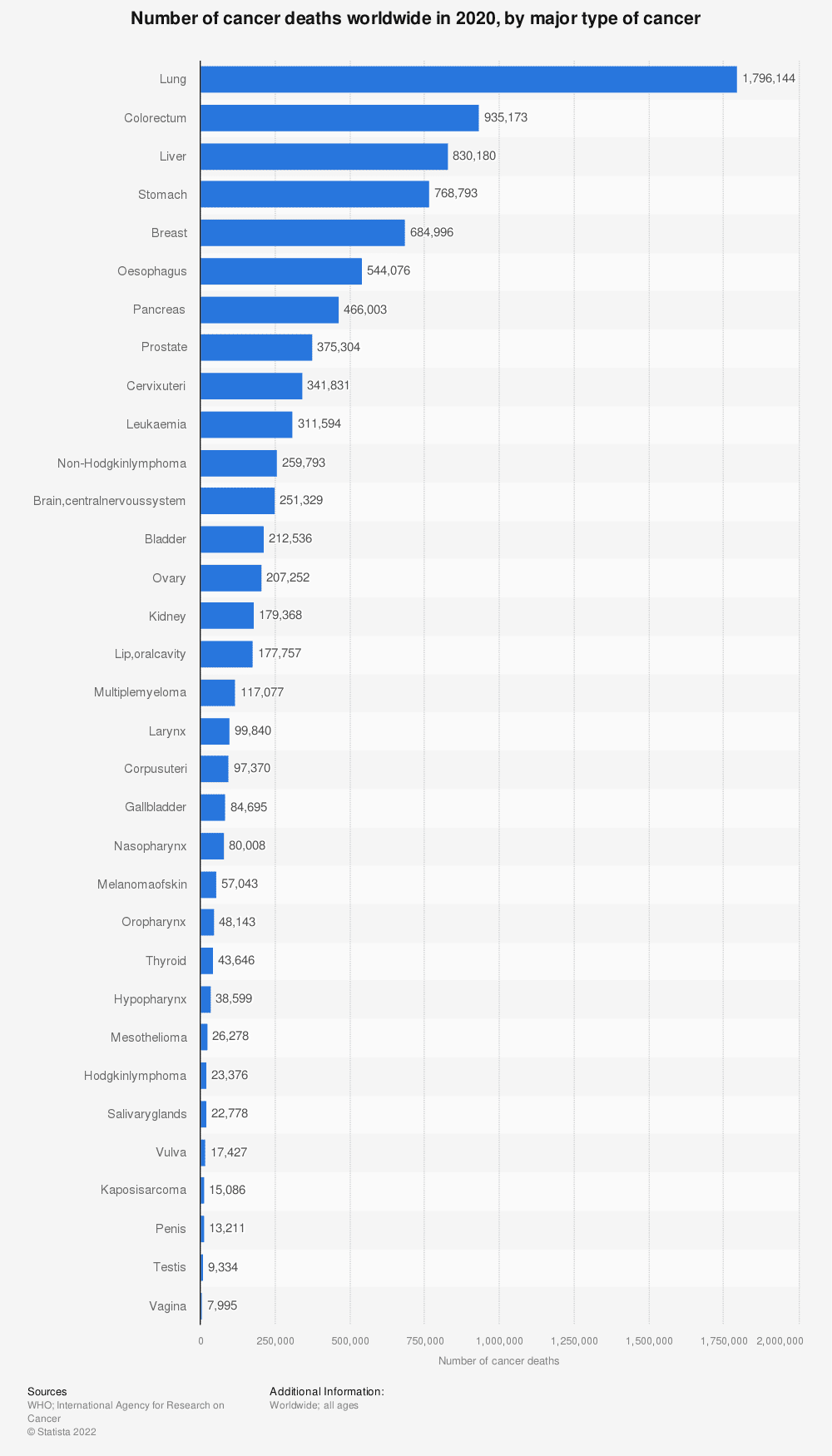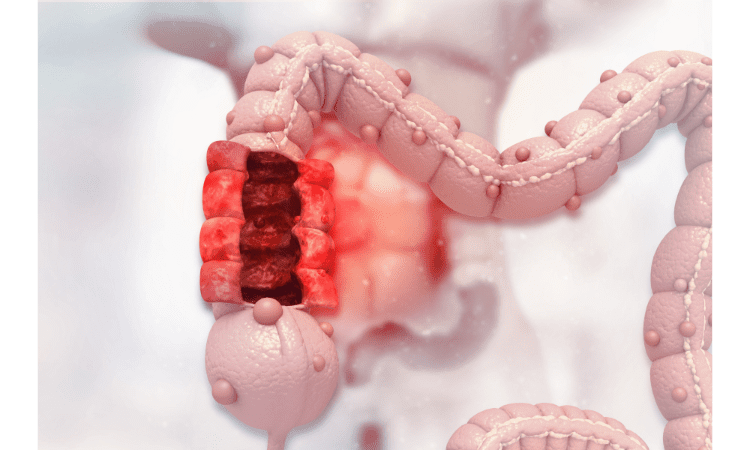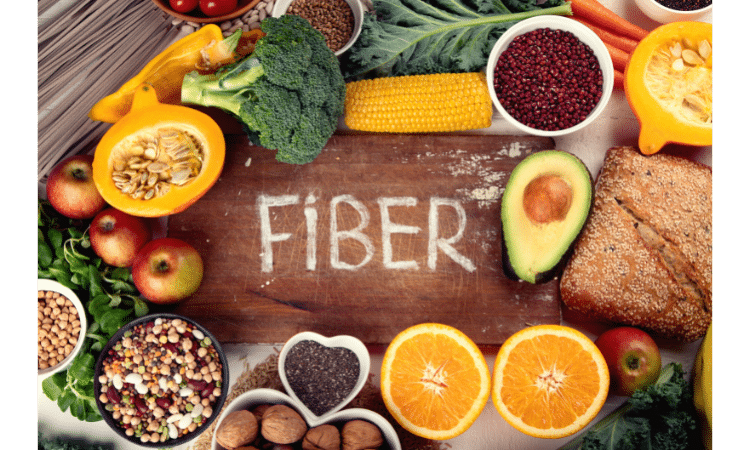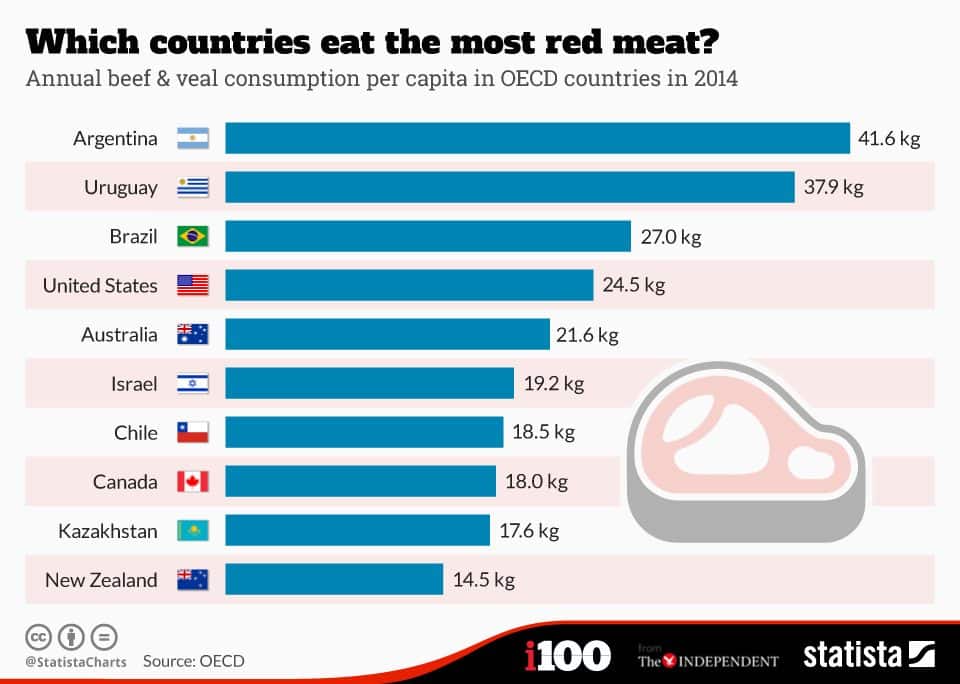
Colon cancer is one of the most common cancers in the world. According to the American Cancer Society, about 1 in 20 people will be diagnosed with colon cancer in their lifetime. It is the third most common diagnosis in the world. It occurs when there is a change or mutation in cells of the large intestine, which is called as colon. This can happen due to genetic factors, diet, and other lifestyle factors such as smoking and drinking alcohol. The symptoms of the disease are often not apparent until it reaches an advanced stage where treatment options are limited. In this article, we will discuss how to lower your risk of getting this disease by following some simple steps like eating high-fiber food, exercising regularly, etc.

What is colon cancer?

Colon cancer is a disease that starts in the colon. It is the last part of your digestive tract and can be anywhere from four to six feet long. It’s also called “large intestine” or “large bowel.” When something goes wrong with the inner lining of this organ, it can result in cancerous growth.
The most common types of this particular disease start as polyps within the lining of your colon; these polyps can become cancerous over time if left untreated. Polyps are noncancerous growths that form on either end (called “proximal”) or all along (“distal”) the inside surface of your large intestine or rectum during middle age or later life.
It’s estimated that about one in 20 Americans will develop colorectal cancer during their lives; however, only about three percent will die from it annually due to early detection through screening tests like fecal occult blood tests (FOBT).
What are the symptoms of colon cancer?
- Change in bowel habits
- Abdominal pain
- Loss of appetite
- Nausea
- Vomiting
- Diarrhea (more than three times per day)
- Blood in stool, or black tarry stool
- Urgent need to have a bowel movement or more than three bowel movements per day for more than several days. It’s also important to tell your doctor about any symptoms that are new for you and to let them know if you’ve had any changes in your diet.
What is the cause of the disease?

It is a complex disease with many causes. In addition to family history, there are numerous factors that can increase your risk of developing the disease. These include:
- Excessive alcohol use
- Red meat and processed meat consumption
- Chain smoking
- Frequent and long-term use of aspirin and other nonsteroidal anti-inflammatory drugs (NSAIDs)
- Lack of exercise or physical activity
- Low intake of fruits and vegetables, especially cruciferous vegetables such as broccoli, cauliflower, kale, collard greens, and bok choy
- Overweight or obesity
Reduce the risk of colon cancer
Exercise regularly

- Regular exercise is one of the best ways to help prevent this cancer. It can help you lose weight, reduce stress and improve your overall health.
- Get at least 150 minutes of moderate physical activity each week. Moderate activity means any physical activity that makes you breathe harder than normal but not so hard that you cannot carry on a conversation. This type of exercise includes brisk walking, bicycling, and gardening.
- If you’re obese or overweight, losing even 5 percent to 10 percent of your weight can reduce your risk for this cancer by 50 percent or more.
Live a healthy and happy life

The most important way to reduce your risk of colon cancer is to live a healthy and happy life. This means staying physically active, eating a diet rich in fruits and vegetables, and reducing stress. If you’re not currently exercising regularly, consider going for a walk or getting on the treadmill at the gym. It can be difficult to get started with exercise if you don’t have any experience with it, but that doesn’t mean it’s impossible! With some motivation from friends or family members who do enjoy working out regularly (or maybe even by watching some YouTube videos), you’ll be able to find something that works for your lifestyle so that exercise becomes more of an enjoyable routine than something dreaded on your schedule.
Avoid tobacco

To reduce your risk of colon cancer, you should avoid tobacco. Do not smoke or use any other form of tobacco such as chewing tobacco (also called “chew,” snuff, or dip), e-cigarettes, pipes, or cigars. While smoking has been linked to an increased risk for colorectal cancer, there’s some evidence that suggests that those who have quit smoking will still be at risk if they started before age 20 and smoked regularly for more than 10 years.
It’s also important not to let others use your personal items when they smoke cigarettes, pipes, or cigars outside in the yard.
Avoid alcohol

Avoiding alcohol can reduce your risk of developing many cancers, including this cancer. Alcohol is not good for the body and has been shown to cause a wide range of diseases and conditions, including liver damage, heart disease, high blood pressure (hypertension), diabetes, and stroke. The National Cancer Institute reports that drinking alcoholic beverages causes about 1 in 10 deaths from cancer in the United States each year.
Eat high-fiber food

One of the most effective ways to reduce your colon cancer risk is by eating high-fiber foods.
Fiber is a type of carbohydrate that’s found in plant-based foods like fruits, vegetables, and whole grains. Fiber can help reduce your risk of developing conditions like heart disease and diabetes. It also helps keep blood glucose levels steady so you don’t experience spikes in energy levels after eating certain foods.
Eating a diet high in fiber may protect you from various types of cancer as well. In fact, research has shown that people who eat more than 25 grams per day are at a reduced risk for colorectal cancer. Eating more than 30 grams per day is even better — but don’t worry if it’s not possible to get there all at once! Small changes over time can make a big difference in reducing your cancer risk level down the road.
Screening regular

When you’re diagnosed with this type of cancer, it can seem like your world is ending. You may never be able to have a normal bowel movement again, or you might have to wear adult diapers for the rest of your life. The good news is that there are ways to avoid this fate: regular screening tests can detect this disease early and prevent it from spreading further through your body.
The first step in preventing colon cancer is getting screened regularly. There are two types of tests that can detect colorectal cancer before it spreads: fecal occult blood testing (FOBT) and flexible sigmoidoscopy (FS). FOBT detects small amounts of blood in stool by using special chemicals called dyes; FS uses a lighted tube inserted into the rectum to examine the lower portion of the colon for polyps or other abnormalities. Both tests should be performed every year starting at age 50 for people who don’t have symptoms.
Intake whole food

- Eat whole foods.
- Eat fruits and vegetables.
- Eat whole grains, such as brown rice, quinoa, and oats.
- Eat beans and lentils for protein (1/2 cup of cooked beans provides about 14 grams of protein). Legumes are also an excellent source of fiber — one-half cup contains between 3 to 6 grams of fiber depending on the type of legume you eat.
- Consider eating nuts or seeds as snacks or in salads; these foods can provide healthy fats that support heart health and may reduce inflammation associated with this cancer risk.
Avoid eating red and processed meat

If you want to reduce your risk of colon cancer, it’s important to avoid eating red and processed meat. Red meat includes beef, lamb, pork, and veal while processed meats include sausages, bacon (including Canadian bacon), hot dogs, ham, and salami. These foods are linked to an increased risk of colorectal cancer.
Reducing the amount of red and processed meat in your diet will reduce your odds of developing cancer. For example:
- Eat fish or poultry instead of red meat at least twice a week
- Limit intake of cured meats such as bacon; and ham
- Avoid charring grilled meats on the charcoal grill by cooking them indirectly over indirect heat so that they don’t get too dark on their outside surface
Weight management

Weight management is important for reducing the risk of colon cancer. Research shows that being overweight or obese increases your risk of developing such cancer. Being at a healthy weight can help reduce your chances of developing this disease.
While you may be tempted to lose weight by depriving yourself of foods that are high in calories and fat, it’s important not to try crash diets or extreme exercise routines as these methods could backfire on you by causing long-term damage to your body and heart health. The best way to lose weight is gradually by eating smaller portions, eating more vegetables and fruits, increasing physical activity, and reducing alcohol intake over time.
In addition to eating healthy food regularly throughout the day, consuming whole grains over refined grains also help reduce your risk of developing colorectal cancer (CCR).
Conclusion
In conclusion, there are many ways to lower your risk of colon cancer. It’s important to remember that each person’s risk is different and depends on their family history, lifestyle choices, and other factors. However, if you are concerned about your cancer prevention then it is always best to talk with a doctor or nutritionist who can provide specific advice based on their knowledge of your situation.











